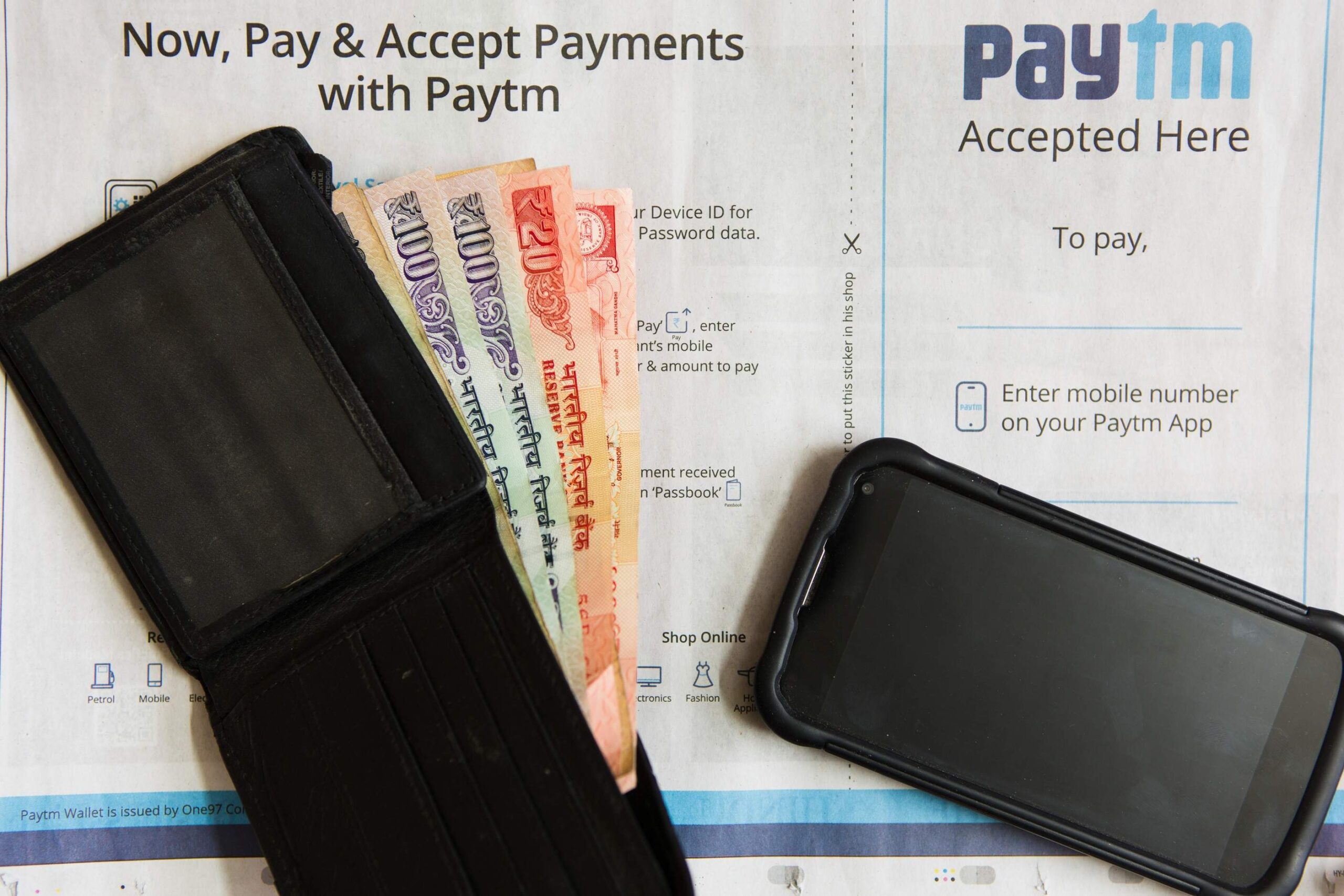Investors’ confidence in Paytm will decline as Alibaba and Ant Financial offload their stakes in Paytm Mall, citing the economic slowdown and growing competition in the market.
Paytm’s diversification strategies are also under threat from regulators and peers. It must cross these hurdles by emphasizing its key themes to strengthen its foothold in the market.
Paytm is increasingly facing competitive pressure
Paytm has been successful in the past decade, thanks primarily to the growing digitization trend in India. It also benefited from the demonetization initiative of the Government of India in 2016, followed by the pandemic in 2020. However, it encountered opposition from competitors in its core themes—from Google Pay and PhonePe in mobile payments and from Amazon, Flipkart, and Reliance in ecommerce.
Ambitious plans
Paytm intends to become a super-app like Alipay by offering a variety of mini-apps (including payments, shopping, and gaming) all under one platform. However, it faces intense competition from conglomerates such as Reliance and Tata, as well as tech giants such as Amazon, who have deep pockets and strong delivery and service standards.
To revive its ecommerce business, Paytm is joining the Open Network for Digital Commerce (ONDC), an open platform initiated by the Indian government to curb the dominance of Amazon and Walmart-owned Flipkart and focus on ecommerce exports. However, it must match its peers in terms of quality of service, delivery, and stocks to stay afloat in the market.
Regulatory and macroeconomic hurdles
Paytm has attempted to diversify its mobile payments service into banking and insurance but faced troubles from Indian regulators. In March 2022, the Reserve Bank of India restricted Paytm Payments Bank from acquiring new users after it violated India’s data storage rules. The company also explored a move into insurance but failed to make a mark in that space. While it wants to establish itself as a super-app, bigger players such as Tata Group, Reliance Jio, and Amazon will deter its progress.
How well do you really know your competitors?
Access the most comprehensive Company Profiles on the market, powered by GlobalData. Save hours of research. Gain competitive edge.

Thank you!
Your download email will arrive shortly
Not ready to buy yet? Download a free sample
We are confident about the unique quality of our Company Profiles. However, we want you to make the most beneficial decision for your business, so we offer a free sample that you can download by submitting the below form
By GlobalDataIn the mobile payment space, the company is losing ground to Alphabet’s Google Pay and Walmart-backed PhonePe. Together, PhonePe and Google Pay held 80% of the Unified Payments Interface (UPI) transaction volume share in April 2022, while Paytm held a 15% share. By value, PhonePe and Google Pay jointly held an 83% share of UPI transactions, and Paytm had around 10%.
Following its IPO in November 2021, Paytm tried to regain its lost market share and revive its business. However, its IPO debut was unfavorable due to the expensive issue price of INR2,150. Paytm’s shares have been plummeting since, by 73% at INR585.80 as of May 18, 2022. Therefore, its ability to achieve its high ambitions appears to be shrinking.
Paytm must invest in AI, Generation Hashtag, and social media
Paytm ranks tenth out of 49 companies in GlobalData’s thematic scorecard for India Tech. However, it lags behind peers like Amazon (ranks first), Alphabet (second), and Reliance (sixth). Alibaba ranks eighth on the scorecard, and its exit will have a notable impact on Paytm’s growth in the coming years.
Paytm must focus on attracting Generation Hashtag (anyone born between 1991 and 2005) by offering personalized, convenient, and omnichannel experiences. Offering a seamless experience requires investment in logistics, cloud computing, and, crucially, artificial intelligence (AI). Paytm must invest in AI and machine learning to analyze customer data and derive insight into the trends, habits, and preferences of customers. The use of social media for marketing, shopping, and increased customer engagement will also help Paytm fill the gap.








Related Company Profiles
Alphabet Inc